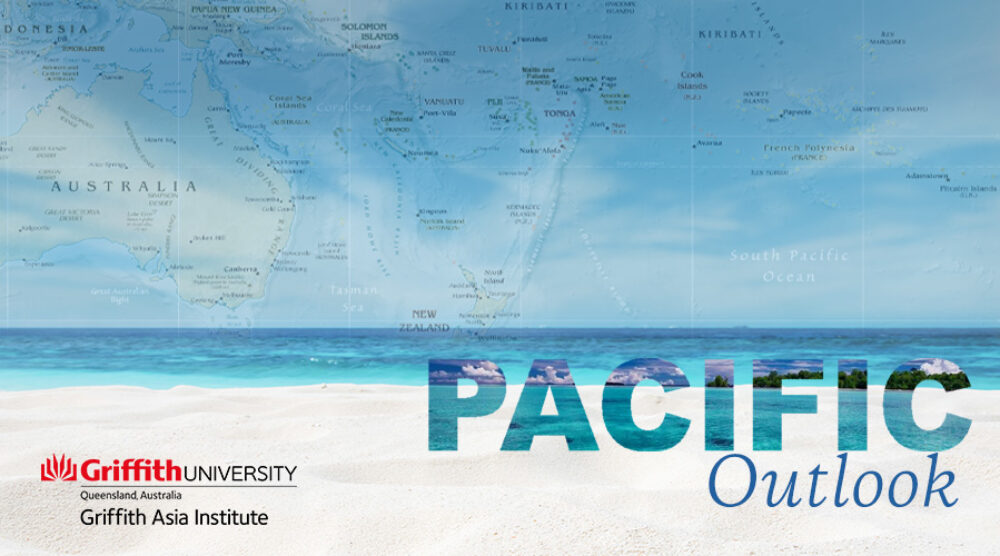Vanuatu has a new government
Vanuatu has a new government. The Parliament sat on April 20th, a month after the country went to the polls on March 19th. By secret ballot, the 52 members elected Hon Bob Loughman as the new Prime Minister. He beat Hon Ralph Regenvanu by 31 votes to 21. Loughman is the leader of the Vanua’aku Pati, which won seven seats in last month’s elections.
In the lead up to Parliament sitting there had been a period of intense lobbying as two blocs sought to secure sufficient numbers to form government. A decisive moment came over the weekend when the National United Party (NUP) moved to the VP led camp.
In a statement to the Parliament the Prime Minister acknowledged the work of the previous Salwai government. He called on all MPs to work together to lead their country as it faces the challenges posed by Covid-19 and responds to the impacts of Tropical Cyclone Harold.
The new ministerial line-up has been announced. The former leader of the Opposition, Alatoi Ishmael Kalsakau will serve as Deputy Prime Minister and Minister for Internal Affairs.
Inquiry into maritime disaster in Solomon Islands
An inquiry into the MV Taimahero disaster has been launched in Solomon Islands. In an address to the nation, Prime Minister Manasseh Sogavare announced that the inquiry would be conducted by the Maritime Authority at the direction of the Ministry of Infrastructure Development.
Twenty-seven people were lost when the boat was engulfed by high seas caused by TC Harold earlier this month. This is the largest loss of life recorded in any of the four countries affected by the cyclone. The ferry was transporting a large number of people from Honiara to Malaita after the capital had been declared an Emergency Zone because of Covid-19.
The incident is also the subject of a police investigation. The Prime Minister said that the reports are expected in a few weeks. The government has committed to provide humanitarian assistance and psycho-social support to those affected. By this disaster.
Amnesty International raises human rights concerns
Amnesty International has raised human rights concerns in relation to how Pacific island governments are handling the impacts of Covid-19.
In a recently released report, the international human rights organisation points to instances of what appear to be breaches of basic human rights and freedoms. They are linked to things such as curfews and lockdowns. There is particular concern where military personnel are being used to enforce these measures, rather than it being left to civilian police agencies.
Media freedom may also be under threat. In Vanuatu any publication that relates to Covid-19 has to be approved by the National Disaster Management Office. Elsewhere there have been arrests of people in relation to posts on social media. In Solomon Islands a senior medical officer was suspended after posting critical remarks about the government handling of the crisis to his Facebook account.
Secretary General restates climate change as the primary threat to the region
In a recent op-ed, Dame Meg Taylor has restated that the primary threat to development and security in the Pacific is that posed by the impacts of climate change.
She points to the recent passage of TC Harold as an example of what climate change means for Pacific island countries. She notes how the impacts of the cyclone are amplified by the challenges posed by Covid-19 in the affected countries.
Dame Meg writes that the Pacific and the global community must address the twin threats of a global pandemic and the impacts of climate change in order to protect and support the peoples of the Pacific:
“While this year’s twenty-sixth Conference of the Parties (COP 26) to the UN Framework Convention on Climate Change has been deferred to 2021 due to COVID-19, the global community must not delay the necessary climate action required of us in 2020.”
Labor calls on Australian government to do more to support the Pacific
Labor’s Shadow Minister for the Pacific and International Development, Pat Conroy, has called for a coherent strategy to assist the Pacific in the face of Covid-19.
He acknowledges that the Morrison government has taken some steps to address particular aspects of the crisis. However, he argues that more is needed if Australia is to be seen as the ‘partner of choice’ by Pacific leaderships in meeting the challenges that Covid-19 poses.
Meanwhile, Biman Prasad, who leads one of the Opposition parties in Fiji, has called for the formation of a ‘Pacific Community’, arguing that the shared challenges of Covid-19 present an opportunity to radically recast Pacific regionalism. He envisages Australia and New Zealand being very much a part of such an endeavour. He even goes so far as to suggest the formation of a Pacific Parliament, although he acknowledges that this will certainly raise concerns about preservation of sovereignty.
Tess Newton Cain is an Adjunct Associate Professor at the Griffith Asia Institute.








